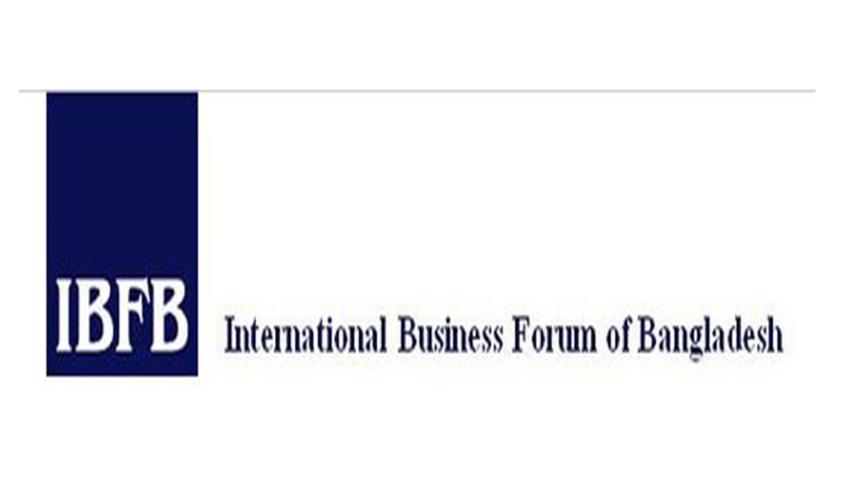Proposed budget found wanting: IBFB

The proposed budget for the next fiscal year does not properly address how the government will face challenges in inflation and the energy sector, according to the International Business Forum of Bangladesh (IBFB).
"There is no designed roadmap for fighting inflation and energy management [gas and electricity prices] even though the government addressed these in its budgetary speech," said IBFB President Humayun Rashid while sharing his budget reaction at the Dhaka Reporters Unity in the capital yesterday.
Although the government identified the Russia-Ukraine war and Covid-19 pandemic as major challenges, it designed the budgetary allocation to simply keep the almost stagnant economy active, he added.
The finance minister highlighted six future challenges of the economy and showcased four strategies to handle them, but no roadmap was shown on how the first two strategies would be implemented.
"The huge size of the proposed operating expenditure does not do justice to the government's goal of cutting public spending," Rashid said. He also termed the budgetary allocations as traditional income expenditure as there is a lack of adequate suggestions to build skilled manpower.
The research and advocacy based non-profit and non-partisan nationwide business forum called upon the authorities concerned to take necessary measures for reviewing the budget on a quarterly basis so that it can be properly implemented.
A high-powered advisory committee involving the private sector could be set up to review and monitor the implementation of the annual development programme as well.
The IBFB also criticised the government's move to give amnesty for those who launder money. The organisation said regular taxpayers will feel discouraged if there remains an option to whiten black money by simply paying 7 per cent tax.
"It will be unjustified if the government now gives unquestioned amnesty to black money holders despite taking a tough stance on corruption."
The money whitening scope will damage the country's moral balance while donor and multilateral agencies will raise objections to the move. However, the IBFB welcomed the proposal of giving equal tax benefits to all industries.
The organisation lauded the initiative to continue the rebate duty rate as before on imports of agricultural machinery and parts, and to resume the import duty at 25 per cent and regulatory duty at 25 per cent on rice to ensure fair prices for paddy.
Muhammad Abdul Mazid, former chairman of the National Board of Revenue (NBR), suggested strengthening the revenue authority as an institution and extend its coverage across the country to achieve the highest revenue collection.
"The target of the lofty revenue collection is not a matter for worry as it will be attainable when the NBR is stronger."



 For all latest news, follow The Daily Star's Google News channel.
For all latest news, follow The Daily Star's Google News channel.
Comments